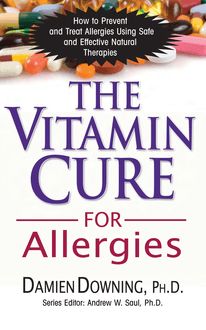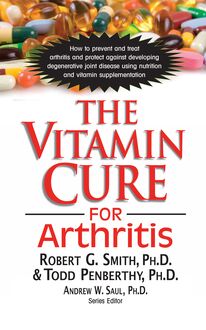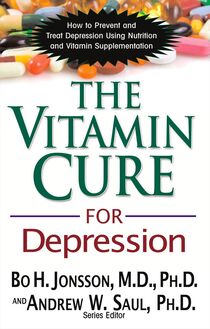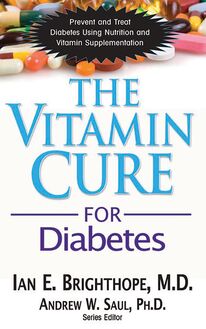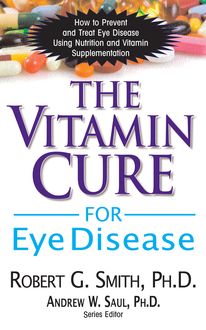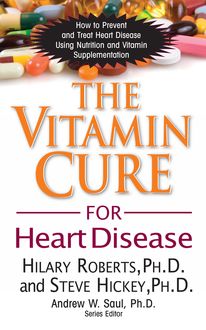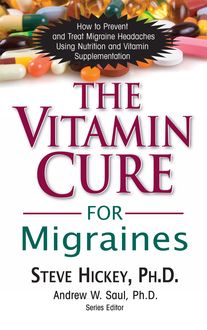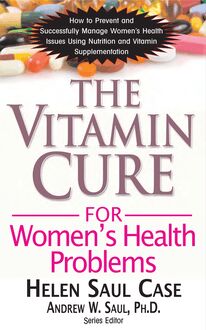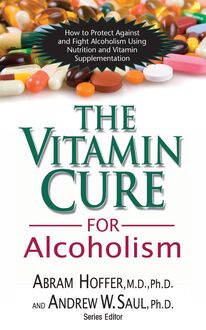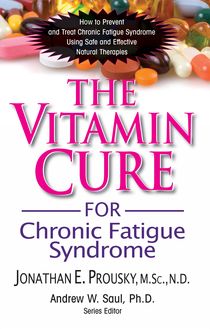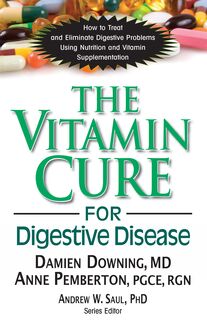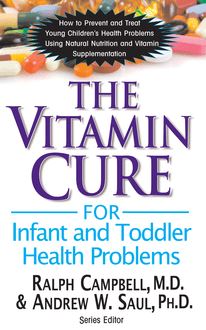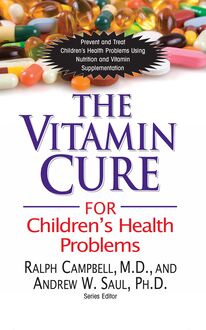-
 Univers
Univers
-
 Ebooks
Ebooks
-
 Livres audio
Livres audio
-
 Presse
Presse
-
 Podcasts
Podcasts
-
 BD
BD
-
 Documents
Documents
-
- Cours
- Révisions
- Ressources pédagogiques
- Sciences de l’éducation
- Manuels scolaires
- Langues
- Travaux de classe
- Annales de BEP
- Etudes supérieures
- Maternelle et primaire
- Fiches de lecture
- Orientation scolaire
- Méthodologie
- Corrigés de devoir
- Annales d’examens et concours
- Annales du bac
- Annales du brevet
- Rapports de stage
La lecture à portée de main
Vous pourrez modifier la taille du texte de cet ouvrage
Découvre YouScribe en t'inscrivant gratuitement
Je m'inscrisDécouvre YouScribe en t'inscrivant gratuitement
Je m'inscrisEn savoir plus
Vous pourrez modifier la taille du texte de cet ouvrage
En savoir plus

Description
Sujets
Informations
| Publié par | Turner Publishing Company |
| Date de parution | 01 décembre 2012 |
| Nombre de lectures | 1 |
| EAN13 | 9781591203322 |
| Langue | English |
| Poids de l'ouvrage | 1 Mo |
Informations légales : prix de location à la page 0,0750€. Cette information est donnée uniquement à titre indicatif conformément à la législation en vigueur.
Extrait
THE V ITAMIN C URE
for Depression
B O H. J ONSSON , M.D., PH.D. AND A NDREW W. S AUL , PH.D .
The information contained in this book is based upon the research and personal and professional experiences of the authors. It is not intended as a substitute for consulting with your physician or other healthcare provider. Any attempt to diagnose and treat an illness should be done under the direction of a healthcare professional.
The publisher does not advocate the use of any particular healthcare protocol but believes the information in this book should be available to the public. The publisher and authors are not responsible for any adverse effects or consequences resulting from the use of the suggestions, preparations, or procedures discussed in this book. Should the reader have any questions concerning the appropriateness of any pro cedures or preparation mentioned, the authors and the publisher strongly suggest consulting a professional healthcare advisor.
Basic Health Publications, Inc.
28812 Top of the World Drive
Laguna Beach, CA 92651
949-715-7327 • www.basichealthpub.com
Library of Congress Cataloging-in-Publication Data is available through the Library of Congress.
Jonsson, Bo H.
The vitamin cure for depression : orthomolecular treatment of depression / Bo H. Jonsson, M.D., Ph.D., and Andrew W. Saul, Ph.D.
pages cm
Includes bibliographical references and index.
ISBN 978-1-59120-332-2 (alk. paper)
1. Depression, Mental—Chemotherapy. 2. Vitamin therapy. I. Saul, Andrew W. II. Title.
RC537.J67 2012
616.85'27061—dc23
2012038641
Copyright © 2012 by Bo H. Jonsson and Andrew W. Saul
All rights reserved. No part of this publication may be reproduced, stored in a retrieval system, or transmitted, in any form or by any means, electronic, mechanical, photocopying, recording, or otherwise, without the prior written consent of the copyright owner.
Editor: Karen Anspach
Typesetting/Book design: Gary A. Rosenberg
Cover design: Mike Stromberg
Printed in the United States of America
10 9 8 7 6 5 4 3 2 1
C ONTENTS Acknowledgments Foreword by Karin Munsterhjelm-Ahumada, M.D. Preface Introduction PART ONE: Understanding CHAPTER 1: The Plague of Depression CHAPTER 2: An Evolutionary View of Depression CHAPTER 3: Conventional Treatment and Traditional Science CHAPTER 4: Evidence-Based Medicine: Neither Good Evidence nor Good Medicine CHAPTER 5: Orthomolecular Medicine and Biochemical Individuality PART TWO: Action CHAPTER 6: An Evolution-Based Health Program CHAPTER 7: Food Really Does Matter CHAPTER 8: Orthomolecular Treatment CHAPTER 9: Multinutrient Treatment CHAPTER 10: Bipolar Disorder PART THREE: Non-Vitamin Cures For Depression CHAPTER 11: In the Now CHAPTER 12: Unstress and Un-Depress Your Life CHAPTER 13: Depression: Observations and Comments CHAPTER 14: Case Histories CONCLUSION: At the Crossroads for All the Difference APPENDIX: Finding Reliable Information on Orthomolecular Medicine Recommended Reading References About the Authors
A CKNOWLEDGEMENTS
During the last ten years some doctors were especially important for me to find and join in the orthomolecular movement. They were first David Horrobin and the Swedish psychiatrist Per Dalén. Later on, I was inspired by Karin Munsterhjelm and Harold Foster. In 2004 I read a scientific paper, just published, written by Abram Hoffer. My first reaction was that it could not be the same Abram Hoffer who, more than fifty years earlier, found that some patients with schizophrenia were cured with niacin and in the 1960s had inspired Linus Pauling, who coined the word orthomolecular. But it was, and the following year we met in person. My parents, many teachers, colleagues, friends, my two daughters, and my darling companion Regina have all been most important for my sail.
—B O H. J ONSSON
As colleagues and as friends, orthomolecular psychiatrists Abram Hoffer and Hugh D. Riordan taught me how well nutritional medicine really works. I thank my own personal support team, consisting primarily of my daughter Helen, my son Jason, my longtime undergrad-to-doctoral mentor Dr. John I. Mosher, and the two most expert counselors I ever met: James Hughes and Richard Bennett. I also thank my much better half, Colleen, for having a real job and thus making this book possible. May I add that I think I have found an excellent depression preventive: my granddaughter.
—A NDREW W. S AUL
Both authors would like to thank the International Schizophrenia Foundation, the Journal of Orthomolecular Medicine, and all the writers and peer-reviewers of the Orthomolecular Medicine News Service. Our thanks also go to Dr. Jonathan Prousky, Steven Carter, Mike Stewart, and Robert Sarver. We especially thank Drs. Steve Hickey and Hilary Roberts for their kind permission to include their commentary on evidence-based medicine and MEDLINE, and Dr. John I. Mosher for his insightful text on lifestyle modification and stress reduction techniques.
F OREWORD
At the beginning of my work as an orthomolecular physician about twenty years ago, I had a revolutionary “aha!” experience. The ability to question the relevance of certain aspects of the medical establishment is necessary, and even essential, for doctors who work in a well-structured medical system. I had already worked for fifteen years in different hospitals and healthcare centers, and had accomplished my specialist competence in general medicine. In the Nordic countries general medicine is valid as a separate specialist competence that demands an additional examination. I thought this competence would best cover my need for a holistic view of human health.
A middle-aged woman, a cleaner, had been my patient for a long time. She visited a psychiatrist, too. She had gotten the diagnosis of fibromyalgia with medium-severe depression, and had already been on sickness benefits for many long episodes because of her great difficulties with heavy manual labor. Now the patient, the psychiatrist, and I thought it would be wise to also try to obtain a sickness pension for her. No medical proceedings had given any reasonable help—the patient was completely “worn out,” as she herself pointed out. She had severe body pain, growing exhaustion (“like lead in my whole body”), a very disturbed sleep pattern, and her depression increased alarmingly. During one of our regular meetings with the patient, as we started to gather comprehensive information about her illness to complete a reliable application for the sickness pension (no easy task with these diagnoses), I had the idea that she could still try a little tablet of 100 mcg organic selenium, combined with 15 milligrams of zinc and a little dose of vitamin E, until we met again. We thought that the documents would be ready by then. I did not know much about selenium, but I knew some of its working mechanisms, including that it binds to mercury and is a strong antioxidant. I knew that our soil in the Northern European countries lacks selenium. Some weeks later the patient returned. She was very happy and told me that the little selenium pill had an unbelievable influence on her whole situation. She felt like a new human being and she wanted to return to her work! She continued to take this selenium pill (not a high dose from an orthomolecular point of view) every day and her improved health situation continued during the years I still saw her. For me, as a conventional doctor, this was really like witnessing a miracle. I had taken my first stumbling steps into a medical world that now, twenty years later, after intense researching and comprehensive clinical experience, seems to have no limits at all. This world represents a completely different view on human health and the risks of chronic illnesses compared to what I had learned earlier during all my years as a medical student and later in clinical practice.
It is surely not always that easy as with this patient. That was a real stroke of luck! During the last twenty years I have walked ever deeper into the ecological and evolutionary way of understanding human health and health-disturbances. I have also learned that this medicine is based on a strong scientific foundation that goes far back in time. It is called orthomolecular medicine, a concept that was introduced and defined by the two-time Nobel laureate Linus Pauling in his 1968 article, “Orthomolecular Psychiatry,” in Science.
You will read much more about this in the important and comprehensive book you now have in your hands. This book is of great significance for those who suffer depression with treatment complications and who wish to seek help outside the usual medicine of today.
This book covers a surprisingly large number of different perspectives. It is a fantastic mix of genuine knowledge, interesting scientific reasoning, life wisdom, and—not to forget—humor! It presents an analysis of a selected group of the orthomolecular substances that have such a marvelous healing power, each one respectively or often even better in combinations.
You will also find many other views of primary interest for understanding human health in modern society. For example, today’s food, which is sometimes nearly toxic, needs to be replaced by foods better suited to our “old” genes. This problem is thoroughly discussed and made understandable by applying evolution-based reasoning. Even if the chapters about research, science, and “evidence-based medicine” (EBM) may appear a little difficult I really want to encourage the reader to have patience and carefully go through them. They will provide interesting insight into our modern medicine and why it is so difficult to incorporate fundamental orthomolecular knowledge into our established medical system. Every physician who has worked with orthomolecular medicine for a long time and knows the convincing history of this medical approach and the scientific and clinical work of the great pioneers has asked t
-
 Univers
Univers
-
 Ebooks
Ebooks
-
 Livres audio
Livres audio
-
 Presse
Presse
-
 Podcasts
Podcasts
-
 BD
BD
-
 Documents
Documents
-
Jeunesse
-
Littérature
-
Ressources professionnelles
-
Santé et bien-être
-
Savoirs
-
Education
-
Loisirs et hobbies
-
Art, musique et cinéma
-
Actualité et débat de société
-
Jeunesse
-
Littérature
-
Ressources professionnelles
-
Santé et bien-être
-
Savoirs
-
Education
-
Loisirs et hobbies
-
Art, musique et cinéma
-
Actualité et débat de société
-
Actualités
-
Lifestyle
-
Presse jeunesse
-
Presse professionnelle
-
Pratique
-
Presse sportive
-
Presse internationale
-
Culture & Médias
-
Action et Aventures
-
Science-fiction et Fantasy
-
Société
-
Jeunesse
-
Littérature
-
Ressources professionnelles
-
Santé et bien-être
-
Savoirs
-
Education
-
Loisirs et hobbies
-
Art, musique et cinéma
-
Actualité et débat de société
- Cours
- Révisions
- Ressources pédagogiques
- Sciences de l’éducation
- Manuels scolaires
- Langues
- Travaux de classe
- Annales de BEP
- Etudes supérieures
- Maternelle et primaire
- Fiches de lecture
- Orientation scolaire
- Méthodologie
- Corrigés de devoir
- Annales d’examens et concours
- Annales du bac
- Annales du brevet
- Rapports de stage
